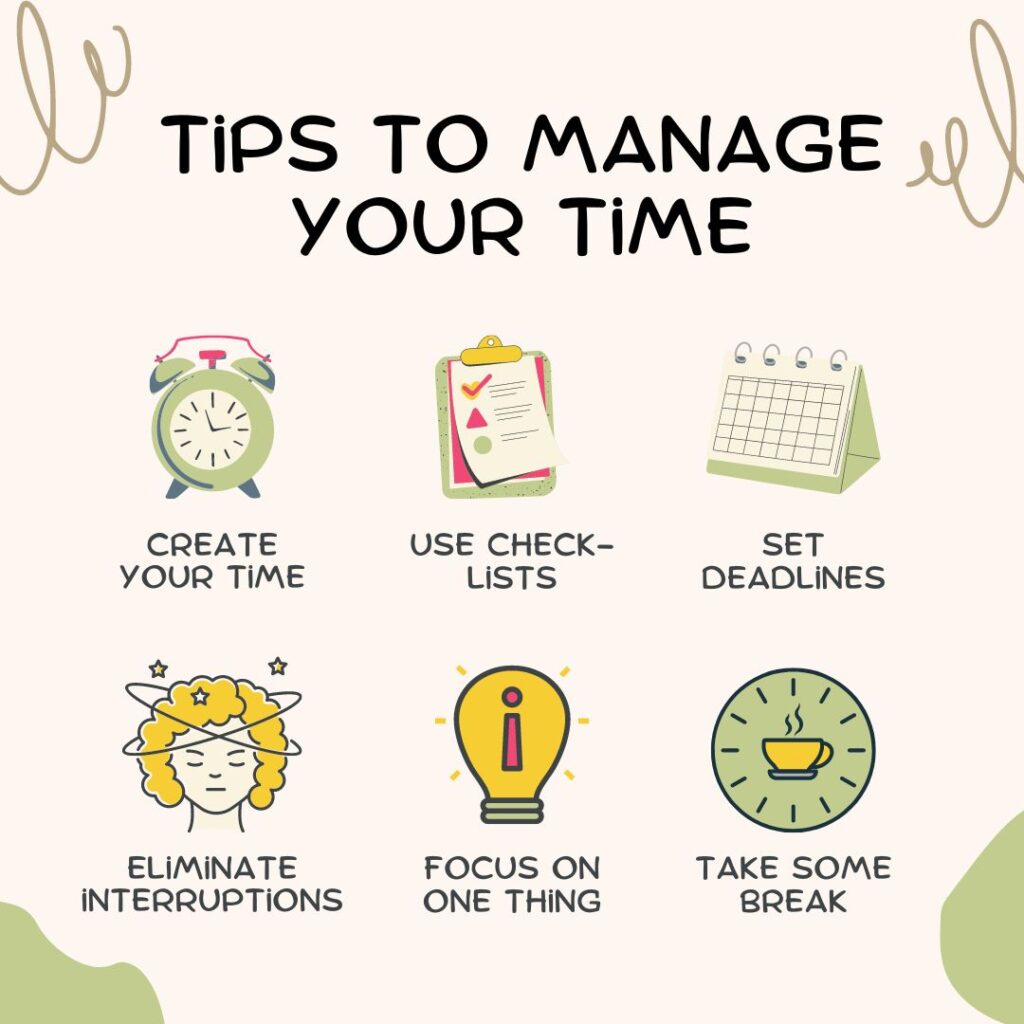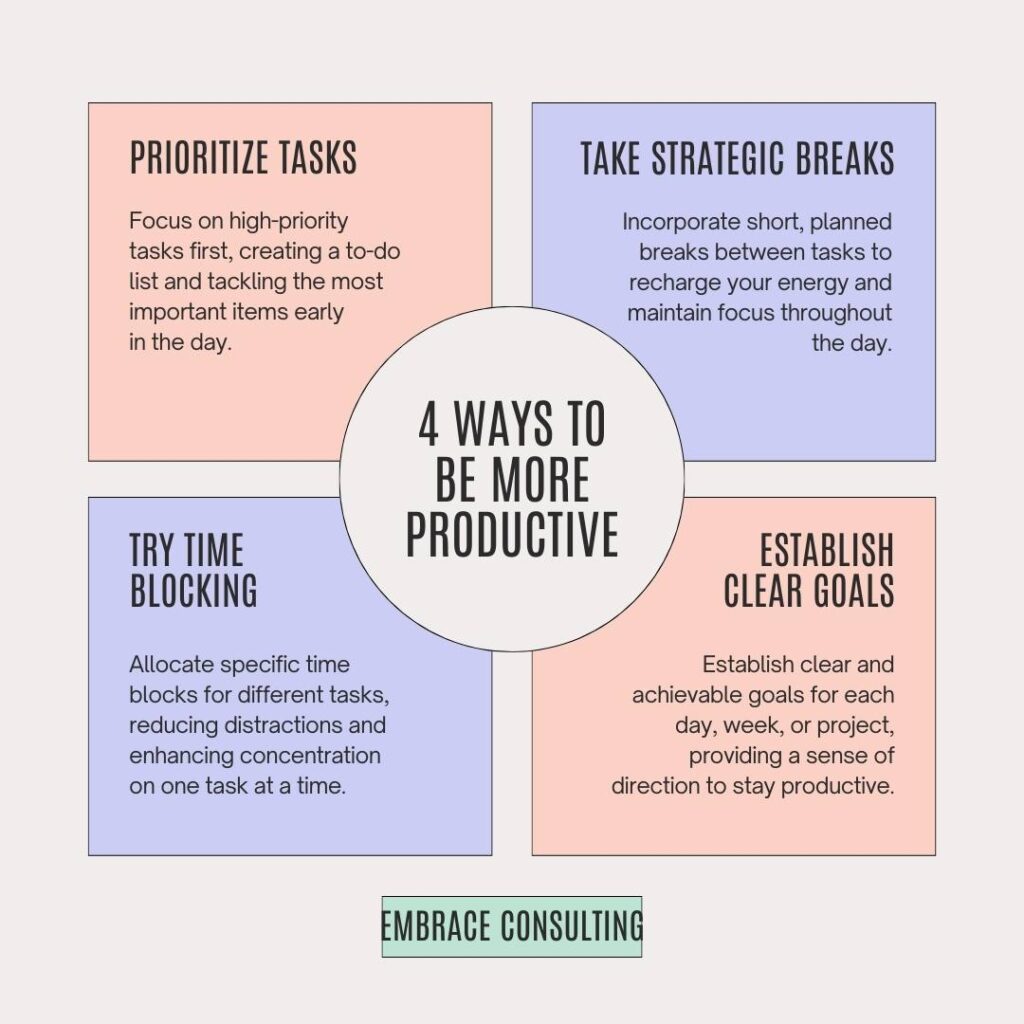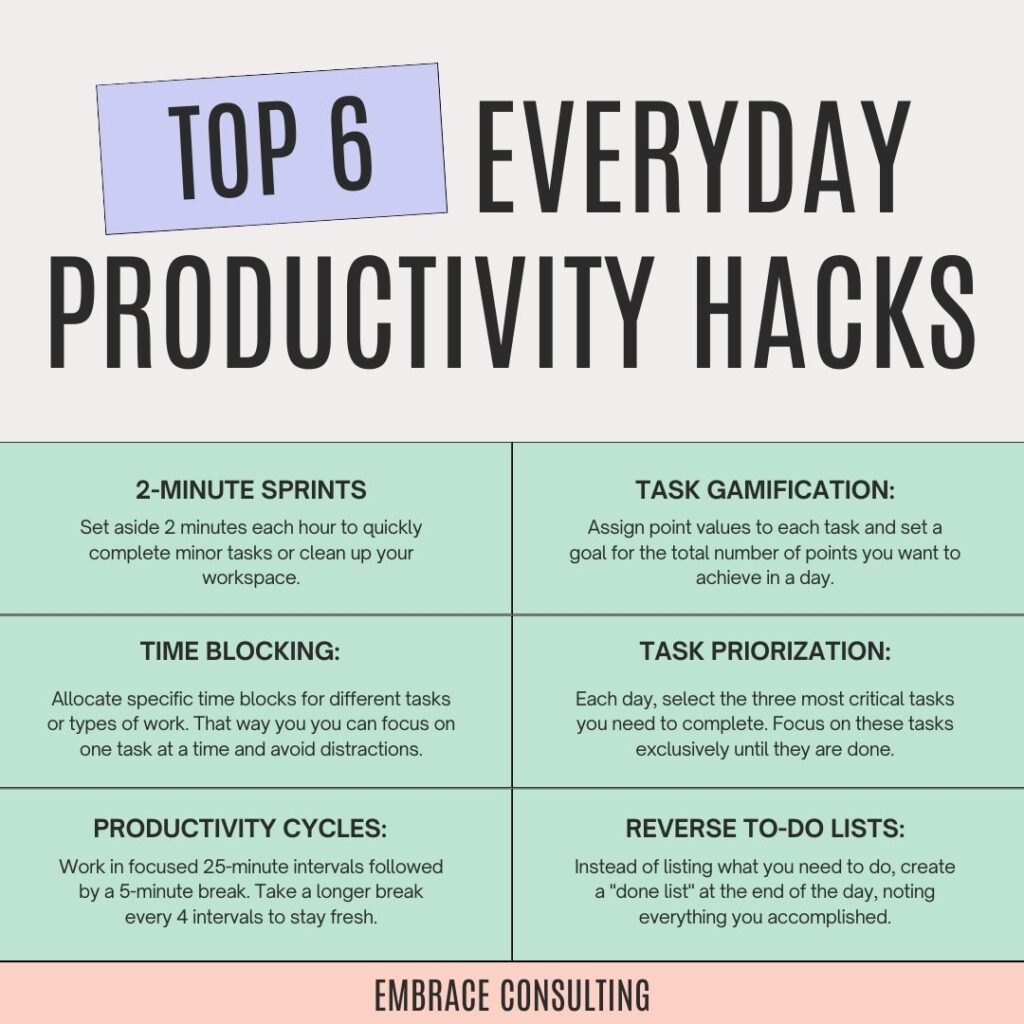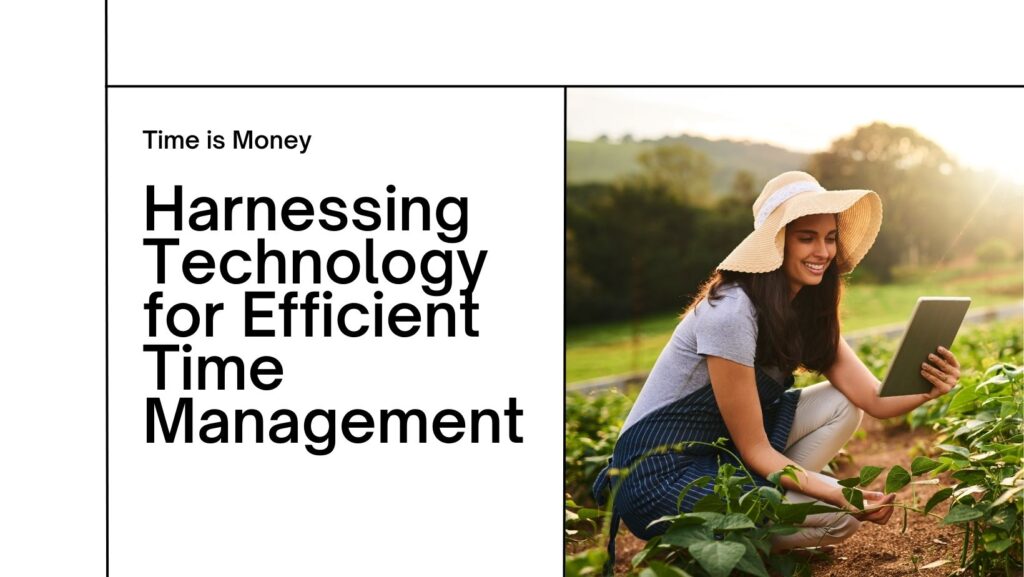In our fast-paced world, juggling work responsibilities, personal commitments, and self-care can feel like a high-wire act.
The elusive balance between professional success and personal well-being often leaves us feeling overwhelmed and stretched thin. Enter mindful time management—a powerful approach that harmonizes productivity with mental health.
Let’s explore how blending mindfulness and time management practices can transform your life.
What is Mindfulness and How Can It Improve Your Time Management?

Mindfulness, at its core, is the practice of being fully present and engaged in the current moment. It involves paying attention to our thoughts, feelings, and bodily sensations without judgment, allowing us to cultivate greater self-awareness and mental clarity.
By embracing mindfulness, we can develop a stronger connection to our inner selves and improve our overall well-being.
You might wonder, how does mindfulness relate to time management? When we practice mindfulness, we learn to manage our attention more effectively, prioritize tasks, and minimize interruptions. Let’s dive deeper into these benefits:
1. Attention Management
Our attention is constantly being pulled in different directions. It’s no surprise that we often find ourselves feeling overwhelmed and struggling to focus.
Mindfulness helps us regain control over our attention, enabling us to concentrate on what’s truly important. Think of your attention as a spotlight.
Mindfulness allows you to direct this spotlight towards the task at hand, cutting through the noise and distractions that often cloud our minds. When we’re fully present, we can work more efficiently and make better use of our precious time.
2. Prioritization
With so many tasks competing for our attention, it’s essential to prioritize what needs to be done. Mindfulness helps us become more aware of our thoughts and emotions, allowing us to make more informed and productive decisions about where to direct our energy.
Imagine your to-do list as a garden. Some tasks are like weeds, taking up valuable space without contributing to your growth. Mindfulness helps you recognize these weeds and focus on the tasks that truly matter—those that align with your goals and values.
3. Minimizing Interruptions
Interruptions are the bane of productivity. They disrupt our flow and steal precious minutes from our day. Mindfulness equips us with the ability to handle interruptions gracefully.
By staying present, we can assess whether an interruption is worth our attention or if it’s merely a distraction. We learn to say no when necessary and protect our time like a valuable resource.

1. Mindful Breathing: Take short breaks throughout the day to focus on your breath. Breathe deeply and intentionally, grounding yourself in the present moment. This practice enhances your ability to switch tasks mindfully.
2. Time Blocking: Allocate specific blocks of time for different tasks. During these blocks, immerse yourself fully in the activity at hand. When the time is up, move on to the next block. This structured approach prevents multitasking and promotes efficiency.
3. Digital Detox: Set boundaries with technology. Turn off notifications during work hours, and designate tech-free zones during personal time. Mindfully choose when to engage with screens.
4. Mindful Eating: Pay attention to your meals. Savor each bite, notice flavors, and chew slowly. This practice not only nourishes your body but also resets your mind.
Combining Mindfulness and Time Management for Enhanced Productivity

1. Morning Ritual: Begin your day mindfully. Before diving into tasks, spend a few minutes in quiet reflection. Set intentions for the day and visualize your desired outcomes.
2. Single-Tasking: Focus on one task at a time. When you’re writing an email, write the email. When you’re with family, be fully present with them. Quality over quantity.
3. Self-Compassion: Be kind to yourself when things don’t go as planned. Mindful time management isn’t about perfection; it’s about progress. Celebrate small victories and learn from setbacks.
Harnessing Technology to Boost Mindfulness and Time Management

1. Apps: Explore mindfulness apps like Headspace, Calm, or Insight Timer. These offer guided meditations, breathing exercises, and productivity tools.
2. Calendar Reminders: Set reminders for breaks, meetings, and personal activities. Use color coding to distinguish work-related events from personal ones.
Mindful time management isn’t about squeezing more tasks into your day. It’s about creating space for what truly matters—both professionally and personally.
By weaving mindfulness into your daily routines, you’ll find that productivity and well-being can coexist harmoniously. Remember, it’s not about doing more; it’s about doing what matters mindfully.
So, take a deep breath, center yourself, and embark on this transformative journey. Your time is precious—use it wisely.






